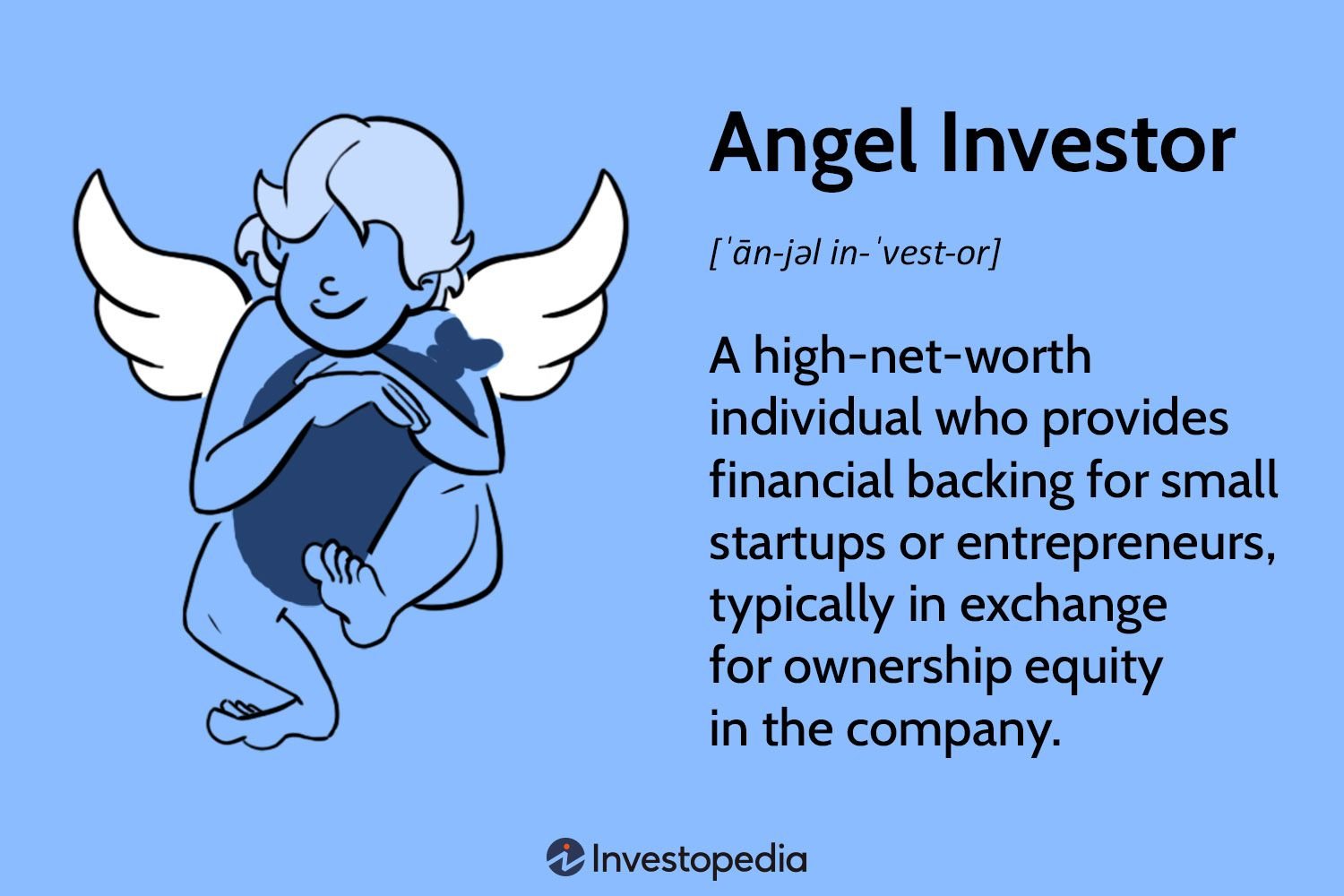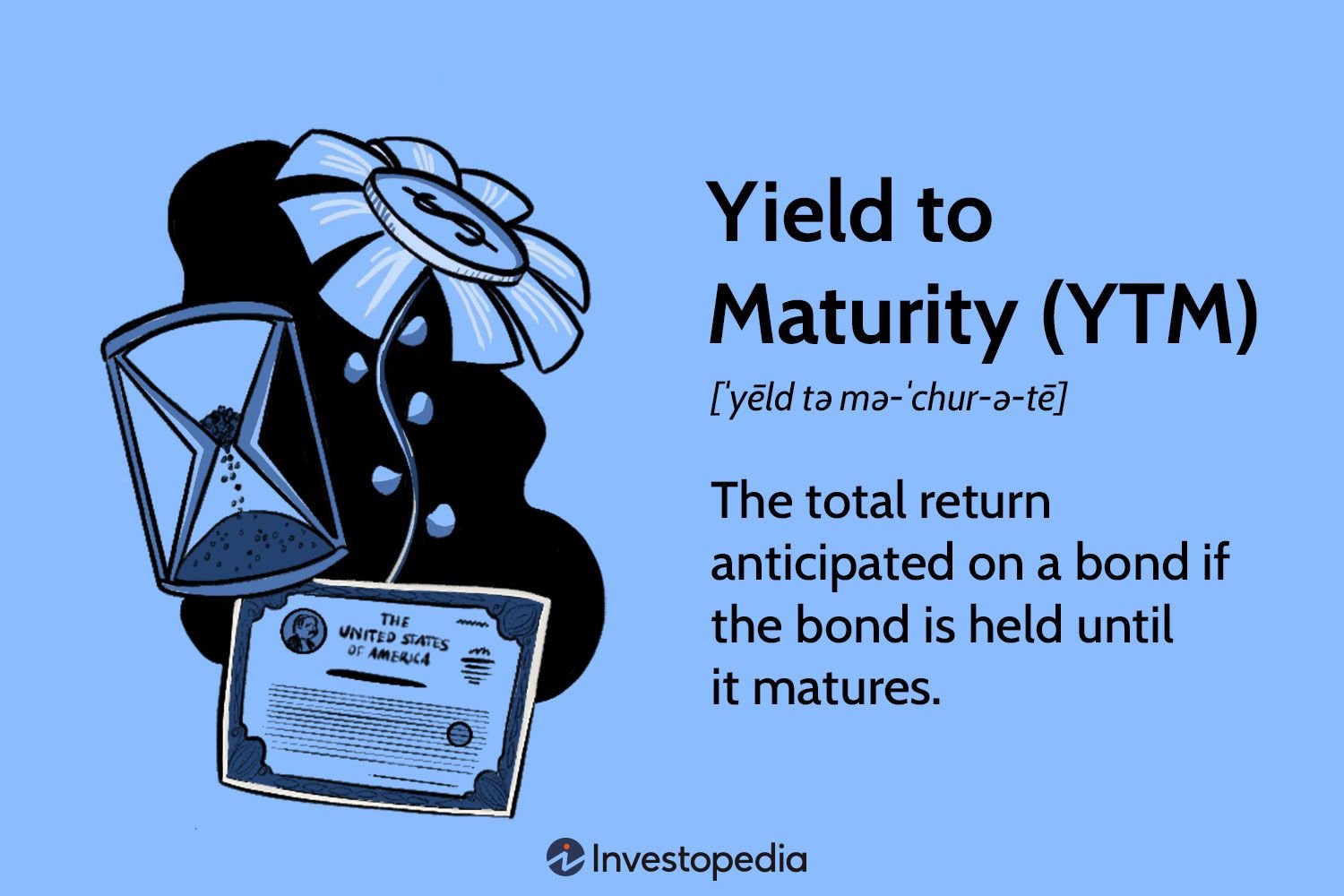Are you curious about what an angel investor in startups truly means? Well, an angel investor is an individual or group of individuals who provide financial support to early-stage businesses that have high potential for growth. These angels, as they are often called, come in with their experience, knowledge, and capital to help entrepreneurs take their innovative ideas off the ground and navigate the challenges of starting a new company. In this blog article, we will delve deeper into the world of angel investors in startups and explore how they play a crucial role in shaping the entrepreneurial landscape. So, if you’ve been wondering about what is an angel investor in startups, keep reading to find out more!
What is an Angel Investor in Startups?
An angel investor is an individual or a group of individuals who provides capital and expertise to early-stage startups in exchange for equity. These investors are often successful entrepreneurs, business professionals, or high-net-worth individuals who are passionate about supporting and nurturing promising startup ventures. Angel investors play a vital role in the entrepreneurial ecosystem by providing essential funding and mentorship to help startups navigate the challenges of starting and scaling a business.
The Role of Angel Investors
Angel investors typically fill the funding gap that exists between a startup’s initial self-funding or friends and family investments, and larger rounds of funding from venture capitalists or institutional investors. Their investments are crucial during the early stages of a startup when it is often difficult to secure funding from traditional sources due to the higher risk involved.
In addition to providing financial support, angel investors bring valuable industry knowledge, experience, and networks to the table. They act as mentors to the entrepreneurs they invest in, offering guidance, advice, and connections that can significantly impact the success of a startup. Angel investors often take an active role in the companies they invest in, serving as advisors, board members, or even taking on leadership roles.
Angel Investor vs. Venture Capitalist
While both angel investors and venture capitalists invest in startups, there are significant differences between the two.
Angel investors:
- Invest their own money
- Typically invest in early-stage startups
- Provide smaller amounts of capital
- Are more hands-on and involved in the day-to-day operations of the startup
- Focus on a specific industry or domain of expertise
Venture capitalists:
- Invest money from a pool of funds raised from institutional investors
- Usually invest in startups that have demonstrated significant growth potential
- Provide larger amounts of capital
- Are less involved in the operations of the startup
- Have a broader investment scope across different industries
How Angel Investors Evaluate Startups
As angel investors take on a significant risk by investing in early-stage startups, they carefully evaluate each opportunity before making a decision. Here are some key factors angel investors consider when evaluating startups:
1. Team
Angel investors thoroughly assess the startup’s founding team. They look for a team with a strong background, relevant experience, and complementary skills. The team’s ability to execute the business plan, adapt to challenges, and work collaboratively plays a crucial role in an angel investor’s decision-making process.
2. Market Potential
Investors assess the market size, growth potential, and competitive landscape of the startup’s target market. They want to see a market that is large enough to support the startup’s growth ambitions and where the startup has a unique value proposition or competitive advantage.
3. Product or Service Offering
Angel investors analyze the startup’s product or service offering. They evaluate its uniqueness, innovation, scalability, and potential for solving a real problem or addressing a market need. A strong product-market fit is essential to attract angel investment.
4. Traction and Milestones
Investors assess the startup’s traction in terms of customer acquisition, revenue generation, partnerships, or product development milestones achieved. Startups that can demonstrate progress, validation, and early adoption are more likely to attract angel investment.
5. Financial Projections
Angel investors dive into the startup’s financial projections, including revenue forecasts, cost structure, and projected growth. While projections are inherently uncertain for early-stage startups, investors look for realistic and well-thought-out financial models that demonstrate a clear path to profitability and a return on investment.
Angel Investor Funding Structures
Angel investors typically provide funding through one or more of the following structures:
1. Equity Financing
Equity financing is the most common type of investment where angel investors receive shares or a percentage of equity in the startup in exchange for their investment. The exact terms and equity stake vary depending on the negotiation between the investor and the startup.
2. Convertible Notes
Convertible notes are debt instruments that convert into equity at a future milestone, such as a subsequent funding round or a specific event. This structure allows angel investors to provide a loan to the startup which can be converted to equity when certain predetermined conditions are met.
3. SAFE (Simple Agreement for Future Equity)
SAFE is a relatively new investment instrument popularized by Y Combinator. It is similar to convertible notes but without the debt element. SAFE agreements allow angel investors to invest in a startup in exchange for the right to convert their investment into equity at a future financing event.
Benefits and Challenges of Angel Investing
Angel investing offers numerous benefits for both the investors and the startups. However, it also comes with its share of challenges. Here’s a closer look:
Benefits of Angel Investing
- Opportunity to mentor and support early-stage entrepreneurs
- Potential for high returns on investment if the startup succeeds
- Access to innovative ideas, technologies, and emerging markets
- Networking opportunities with other angel investors, entrepreneurs, and industry experts
- Contributing to economic development and job creation
Challenges of Angel Investing
- High risk of startup failure and potential loss of investment
- Limited liquidity as investments in startups are illiquid and may take years to generate returns
- Time commitment and active involvement in the startups’ operations
- Difficulty in selecting promising startups from a large pool of opportunities
Angel investors play a crucial role in nurturing and supporting early-stage startups. Their financial investment, expertise, and mentorship help startups bridge the funding gap, accelerate growth, and increase their chances of success. By carefully evaluating opportunities and providing capital and guidance, angel investors contribute to the growth and innovation of the entrepreneurial ecosystem. If you’re an entrepreneur with a promising startup, seeking angel investment can provide the resources and support needed to turn your vision into reality.
All About Angel Investing
Frequently Asked Questions
Frequently Asked Questions (FAQs)
What is an angel investor in startups?
An angel investor in startups is an individual who invests their own money into early-stage companies in exchange for equity ownership. These investors often provide not only capital but also mentorship, industry expertise, and access to their network.
How does an angel investor differ from a venture capitalist?
While both angel investors and venture capitalists provide funding to startups, there are some key differences. Angel investors typically invest their own money, whereas venture capitalists manage funds from other investors. Angel investors are also more likely to invest in the early stages of a startup, while venture capitalists usually invest in later stages.
What qualifications do angel investors look for in startups?
Angel investors typically look for startups with strong growth potential, a scalable business model, a competitive advantage, and a talented founding team. They also consider market size, traction, and the potential for a high return on investment.
How do angel investors typically provide funding to startups?
Angel investors can provide funding to startups in various ways. They may offer a lump sum investment in exchange for equity, provide a convertible loan, or participate in crowdfunding platforms. Some angel investors also offer ongoing support and follow-on funding as the startup progresses.
What are the benefits of having angel investors in startups?
Having angel investors in startups can bring numerous benefits. They provide not only financial resources but also valuable expertise and industry connections. Angel investors often act as mentors and advisors, helping startups navigate challenges and make strategic decisions.
Are there any risks associated with angel investor funding?
Yes, there are risks involved in angel investor funding. Startups may experience challenges in meeting investor expectations, dilution of ownership, and potential conflicts of interest. Additionally, if the business fails, angel investors may lose their investment.
How can startups find angel investors?
Startups can find angel investors through various channels. These include networking events, angel investor groups, online platforms, and referrals from mentors, advisors, or other entrepreneurs. It’s important for startups to do their research and pitch to investors who align with their industry and investment criteria.
What factors do angel investors consider when evaluating a startup?
Angel investors evaluate startups based on several factors. These include the market opportunity, the scalability and uniqueness of the business model, the startup’s growth potential, the founding team’s experience and capabilities, and the competitive landscape. They also assess the startup’s financials, market traction, and overall strategy.
Final Thoughts
An angel investor in startups is an individual who provides financial support to early-stage businesses in exchange for equity ownership. They often offer more than just capital, as they bring their experience, expertise, and network to the table. Angel investors play a crucial role in the growth and success of startups by helping them navigate challenges, connect with potential customers and partners, and provide valuable insights. They are passionate about supporting innovative ideas and aspiring entrepreneurs, contributing to the thriving startup ecosystem. If you’re seeking early-stage funding and guidance, look no further than an angel investor in startups.



